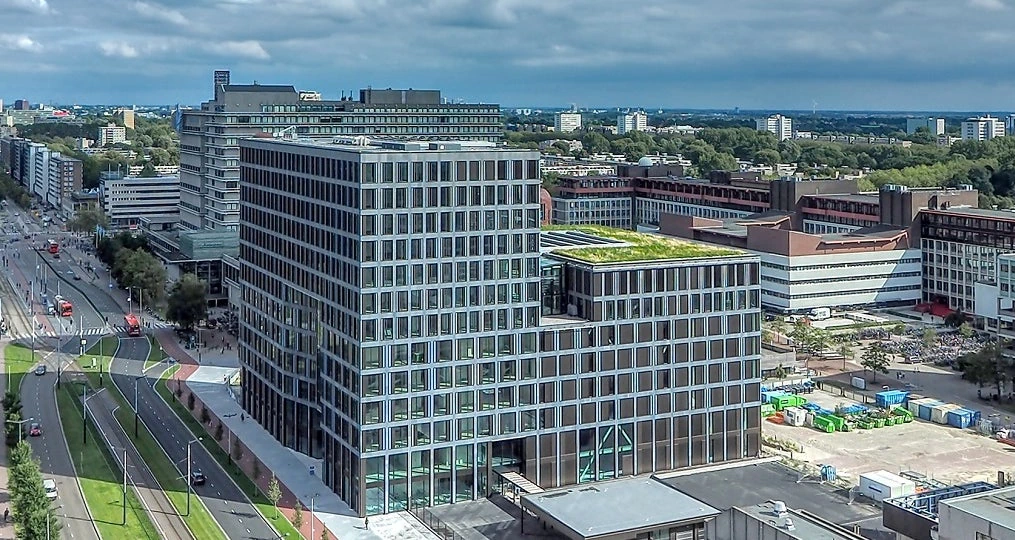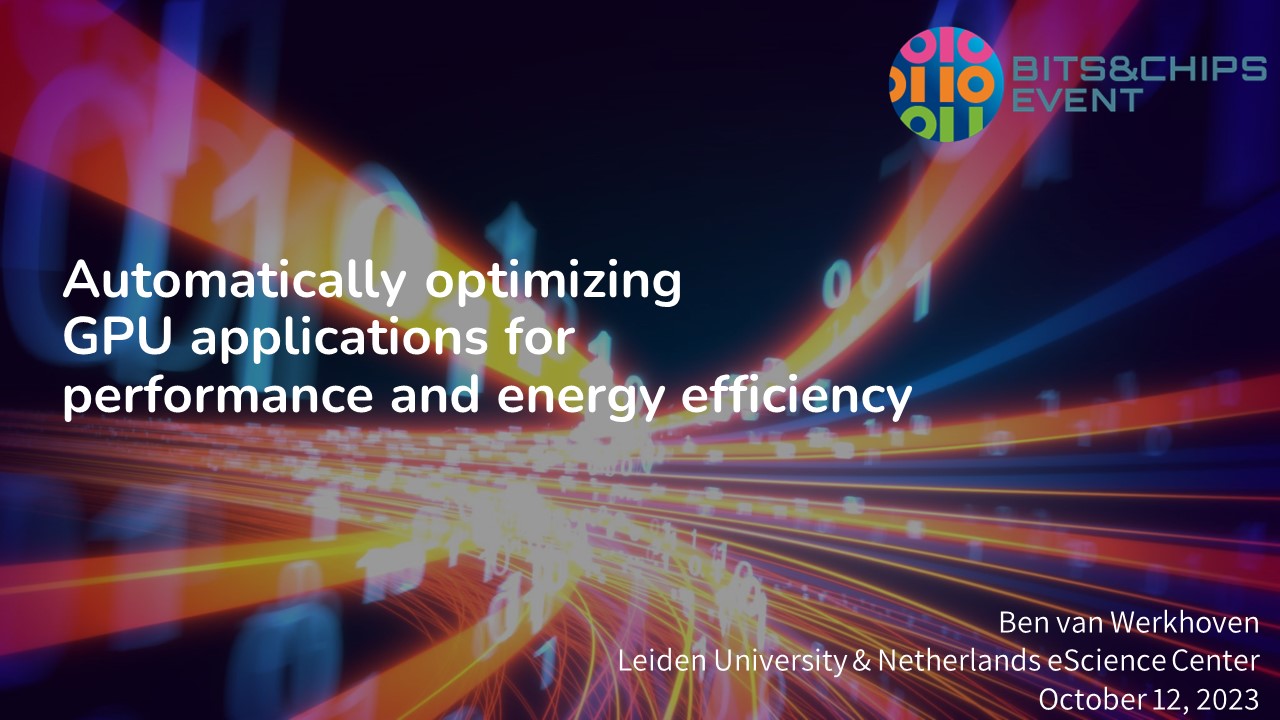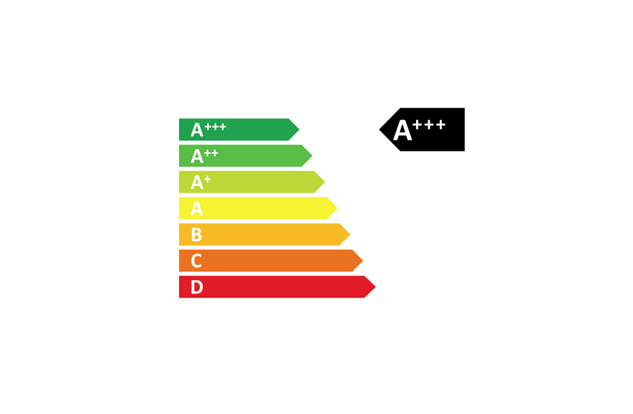May 01, 2025 - Today, I visited the VU Amsterdam for a symposium on the occasion of Professor Henri Bal’s retirement. It was a great honor for me to be invited as a speaker and panelist at the symposium, because Henri has been the promotor of my own PhD research. I was invited to share my thoughts at the symposium titled “HPC & The Roaring 20s of Computing” as part of the “Sustainability in HPC” session.
In my presentation, I illustrated how supercomputing can contribute substantially to carbon emissions of scientists, often surpassing other research-related activities such as travel and office use. There are, however, several possible measures that researchers may take to lower the carbon emissions of HPC. For example, the location of supercomputers really matters, with big differences between the carbon emissions of supercomputers powered mostly by fossil fuels, such as here in the Netherlands, and those using renewable energy, like LUMI in Finland.
Another choice that we have is in choosing energy-efficient hardware. GPUs, for example, are much more energy-efficient than traditional CPUs for most workloads. Additionally, I talked about the need to optimize software to get the most out of our hardware, highlighting tools like Kernel Tuner that automate this process.
To kick start the discussion in the panel, I presented three main challenges that I believe we have to face in making HPC more sustainable, namely productivity, programmability, and performance. I believe we need better programming models, automated optimization tools, and accurate ways to measure energy use to truly make HPC more sustainable and reduce our environmental footprint.
Together with the other panellists, including Vasilios Andrikopoulos (RUG), Sagar Dolas (SURF), and Chris Broekema (ASTRON), we had a nice interactive discussion with the audience. The discussion more or less concluded that we need to create awareness among HPC users about the environmental costs of running large jobs on supercomputers, invest more in the optimization of HPC software, and create more and better tools to optimize HPC software for energy efficiency.





